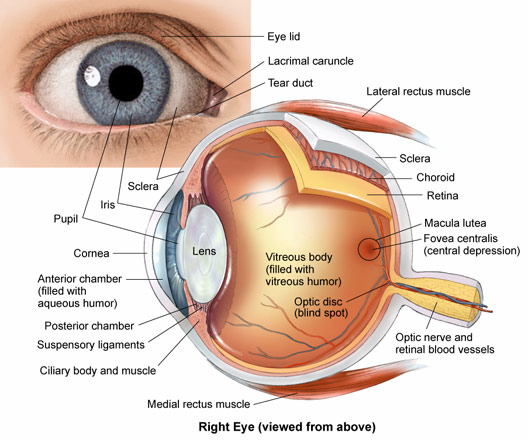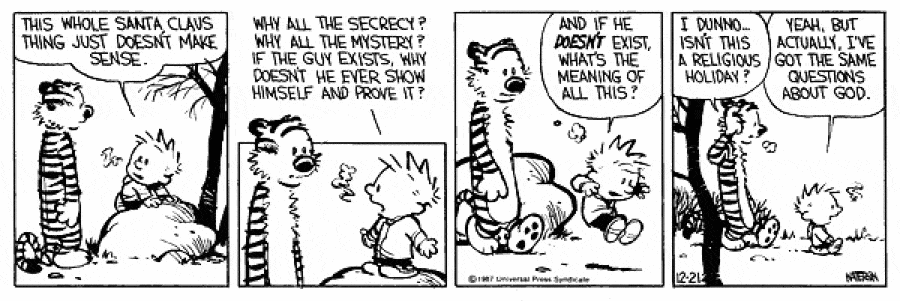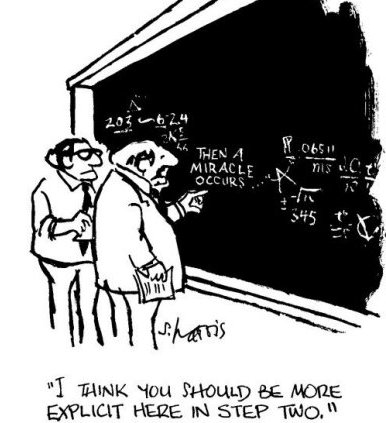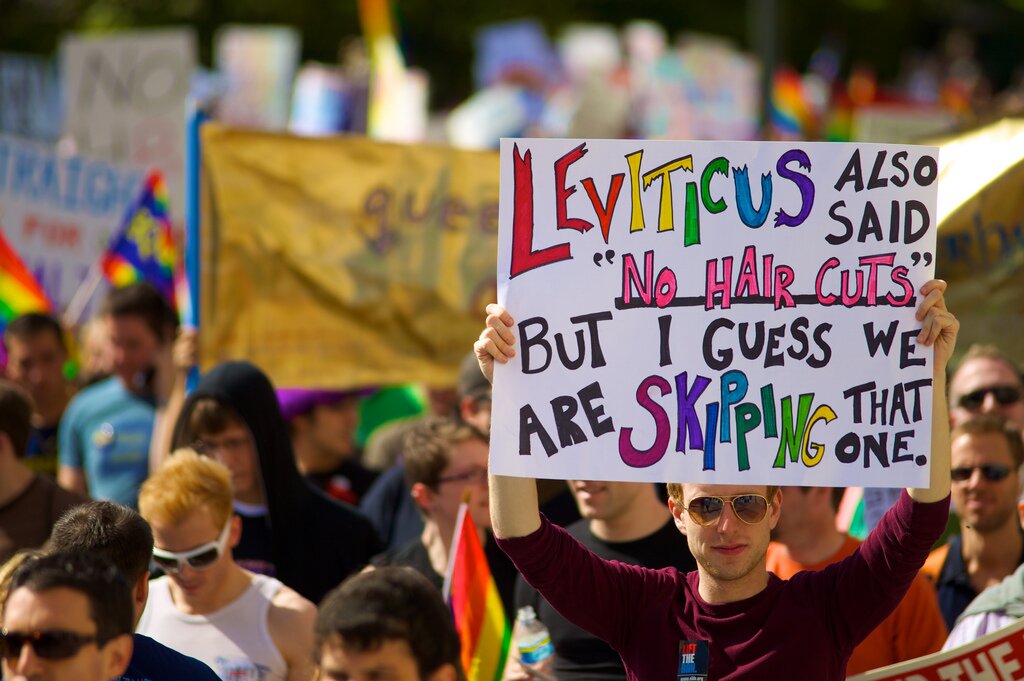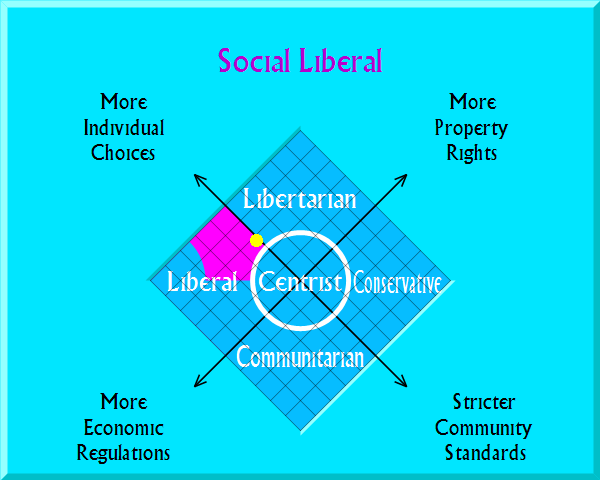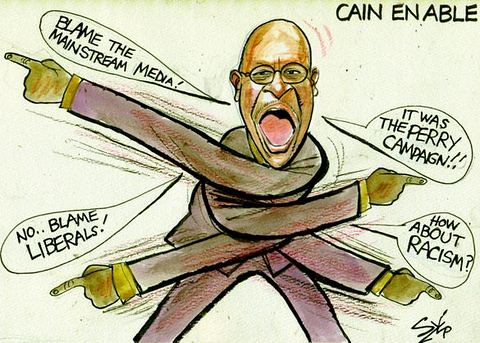BOOKS
I feel guilty. I started off the year voraciously, reading just about anything I could get my hands on. Between January and April, I read fifteen books and also kept up with my Scientific American subscription. Most of those were short in length, I grant you, but they were large in substance and theme.
Then, as it must, life interfered. At the end of April, I started taking classes again in hopes of soon beginning a new career, so my recreational reading was usurped by required reading, which is unfortunately nowhere near as enjoyable or thought-provoking, educational though it may be.
It's so hard to narrow down my choices, as each book has its own distinct strengths. Pynchon, for instance, is such a gifted wordsmith that while Vice may be a lesser work, it is still an accomplishment of style and technique; Carlin's book gave me an insight and appreciation for his stand-up work, which remained incredible, original, and consistent in spite of (because of?) his troubled life; the Conrad and Dostoyevsky are both dense, layered inquiries into the current and possibly derelict state of Man's soul; Slow Man is a captivating look at the value of life, death, and everything in between... Of all these, however, I would say "the best" would be split between The Sound and the Fury and The Wind in the Willows.
The Sound and the Fury is a masterwork of both style and substance. Written mostly in first-person and always in a stream of conscious let character imagination veracity and impact come first comprehension and plot second and grammar fall where it may, The Sound and the Fury tells the tale of a once wealthy Southern family and their staff. It is not an easy book to read due to the highly stylized technique and non-linear structure, but if you want something which will challenge and reward you, Faulkner's masterpiece is well worth the effort.
The Sound and the Fury is a masterwork of both style and substance. Written mostly in first-person and always in a stream of conscious let character imagination veracity and impact come first comprehension and plot second and grammar fall where it may, The Sound and the Fury tells the tale of a once wealthy Southern family and their staff. It is not an easy book to read due to the highly stylized technique and non-linear structure, but if you want something which will challenge and reward you, Faulkner's masterpiece is well worth the effort.
Lastly, we have The Wind in the Willows, an enormously underrated and yet almost fully appreciated book of intense imagination. Underrated because it is considered a "children's book," which means that too many either don't take it seriously or dismiss it outright; appreciated simply by those who have read it and thus know how extraordinary it is. Disney popularized some of the characters with their (now) infamous Mr Toad's Wild Ride, but relegating such profound, beautiful prose to an amusement park attraction seems a mockery now that I've read it for myself. The Wind in the Willows follows the adventures of a number of characters as they struggle to find their place in the world, as well as their various relations with each other. The story is of little importance - it's more about the feeling you get while reading, which is wholly charming and absorbing - a feeling of pure adulation and admiration for the characters and their creator. And for what it's worth, "Chapter VII - Piper at the Gates of Dawn" on its own is perhaps the best piece of prose I've ever read. An incredible book.
MUSIC
Though music is perhaps the most important and satisfying form of media I consume, it is also the form about which I am most selective. I won't listen to just anything. Most artists are pre-screened, either coming to me via recommendation or Pandora's brilliant compatibility software. It is rare to add a new artist to my repertoire from year to year....
With that said, this was a very rare year. Not only did I add a new artist into my musical fold, I added two! Chick Corea and Mayer Hawthorne. Corea, of course, I had heard of during all my years of music education, but it wasn't until this past year that I actually started listening to him and deciding my own opinion on his output. In short, he's a genius! A pianist by training, Corea is simply the most talented jazz composer I've had the joy of listening to. That is not hyperbole. Every song is unique - challenging himself, his band, and his listeners in some new, exciting way; that he is so eager to try virtually every genre and style is only the icing on the cake.
TELEVISION
Though I've never been much of a TV-watcher, I can happily report that this past year (specifically, since about October) I've started watching some truly great television shows. And all of them exclusively on AMC. I'm actually going to write about this more soon, so I don't want to say too much, but I'll give a few details now...
The Walking Dead
I'm the first to admit that this show can be a bit silly. Some episodes are overly gory, and the downhome Southern attitude can go from earnest to campy in a hurry. When it gets it right, though, The Walking Dead is nothing short of amazing: shocking, provocative, stirring, powerful - everything great television drama should be. And that finale - Wow! A truly amazing episode.
Breaking Bad
I'm not caught up on this show just yet, but I love what I've seen so far. Bryan Cranston has established himself as an amazing character actor, for those who had their doubts. And I must say - I was shocked how funny it is. Given the subject matter - terminally ill cancer patient starts selling drugs to make money - I expected high drama, even borderline melodrama... But actually, I'd say Breaking Bad is mostly a comedy. A very dark comedy - and a dark comedy with extremely bleak, dramatic moments - but for the most part, it's played for laughs.
Mad Men
Lauded for years as a modern must-see drama, I just recently started watching, and I have to admit it's good. I'm not quite sure it's as good as everyone says - I'm just through Season One - but a great show nonetheless.
MOVIES
Theatrical Releases
Midnight in Paris (dir. Woody Allen) - Woody Allen is one of my favorite filmmakers, so I'm a bit biased, but I can also recognize/admit when he doesn't hit the mark. That said, I happily report that Midnight in Paris is one of Allen's best out and out comedies in some time. An intriguing concept is elevated with pitch-perfect performances, especially Corey Stoll in the Ernest Hemingway role. It's Woody-lite, but still rewarding, engaging, and entertaining nonetheless. A delight.
Drive (dir. Nicolas Winding Refn) - A tonal opposite to Midnight in Paris, Nicolas Winding Refn's Drive is all attitude and atmosphere, with a modicum of dialogue and exposition. Ryan Gosling deserves yet another Oscar nomination (if not the win) for his incredible, nuanced performance as the nameless Driver. It's basically a one-man show, yet he's so effortless and subtle his work can almost go unnoticed. Though Drive is not the masterpiece I hoped it would be (it gets bogged down in excessive violence in the second half), it is undoubtedly the most intriguing, interesting, and mysterious action films in ages, and it's good to see an action film succeed with intelligence and atmosphere rather than noise and special effects.
Unfortunately, those were the only titles of note for me this year. This is not a condemnation of the Oscar bait playing currently (these lists are solely the best of what I've seen), but this was a really weak year for movies, and not much caught my eye.
On Disc (or Streaming)
13 Assassins (dir. Takashi Miike) - I'm on the fence with Miike. On the one hand, he's responsible for Audition, which is the scariest and most disturbing movie I have ever seen... on the other hand, though, his most famous film is Ichi: The Killer, a non-stop gore-fest which many a fanboy love and adore simply because it is a non-stop gore-fest. (Despite all the gore and the technique/ingenuity behind it, you simply become numb after a few scenes... That said, there's just nothing all that interesting in the story. At all.) Nevertheless, I had heard great things about 13 Assassins, and after seeing it for myself, this is the best movie I saw in 2011. 13 Assassins does not tread new territory - in many ways, it's a throwback to Kurosawa's masterful Seven Samurai - but it remains unique, interesting, and entertaining nonetheless. This was the most fun I've had watching a movie in a long time. 13 Assassins is so good because it manages to take familiar genre conventions and spin them in new, interesting ways. For instance, the first half of the film is strict melodrama. An hour is spent gathering the titular assassins, giving a little background for each of them, and establishing the villain, a man so sadistic and truculent you could say he's blase. The rest of the film is action. Non-stop, pulse-pounding action. A few breaks here and there to catch your breath, but the whole second half is essentially one long action sequence; and purely in terms of choreography, rhythm, and cinematography, it deserves to be seen. The film is not for everyone - though action-packed, a couple friends were turned off simply because it does not fit the typical Hollywood mould - 13 Assassins is nevertheless essential viewing for anyone who appreciates a good action film... or at least good filmmaking.
Blue Valentine (dir. Derek Cianfrance) - Kate turned me on to this gem, as it has become one her favorite recent movies. What a beautiful, heart-breaking film to watch, and yet an amazing experience. Gosling is just as good as he's always been, but the real standout is Michelle Williams, who shows with this (and her small role in Brokeback Mountain) that she is perhaps the best actress of her generation. Blue Valentine is not an easy film to watch - the emotional intensity runs high, and most scenes go for raw, unadulterated impact - but it is well worth it for anyone who has ever fallen in love, fallen out of love, or basically been in any serious relationship.
Conversations with Other Women (dir. Hans Canosa) - So good and effortless it's almost annoying, Conversations could have been a play (what with basically two characters talking the whole time), but director Hans Canosa manages to craft a wholly unique, engaging, and watchable cinematic experience. These fractured souls have been thrown together in a messy heap; and while it seems as though they could have made it work, life got in the way and now they're stuck without one another.
Hellboy II: The Golden Army (dir. Guillermo del Toro) - How Guillermo del Toro has managed to elude mainstream success is beyond me. He's run the gamut from small, character-driven films like Pan's Labyrinth to big-budget Hollywood actioners... yet he is still largely unknown and behind the scenes. Such a shame. I was none too impressed with the first installment, but Hellboy II is some kind of mad, absurd, popcorn masterpiece. The craftsmanship is top-notch, the film has a great sense of humor, and the story and characters are believable and empathetic, as unbelievable and alienating as the characters themselves are. It really is a rare accomplishment - a big-budget, effects-driven film as good as this one - and I just hope one day general audiences will wise up to give del Toro the respect he deserves.
The House of the Devil (dir. Ti West) - The best horror film since... The Descent? I don't even know what. The House of the Devil is so good because of all the things it's not: it's not overstated, gory, frenzied, or manic; the villains are not despicable, incomprehensible monsters; the script is not overly complicated or purely a means for increasing the body count... What it is is unique, engaging, minimalistic, suspenseful, and patient. That's the key word. The House of the Devil achieves greatness by taking it's time and building up to an exciting conclusion, rather than running out of steam through repetitive violence, as is so often the case.
The Tree of Life (dir. Terrence Malick) - Such an enigmatic paradox of a picture. Undoubtedly the most ambiguous film of the year, and also one of the most confounding. At times, the film is pure cinematic poetry, exploring territory never before attempted. The cinematography is among the best color photography ever captured, if not the best. The story, unfortunately, leaves something to be desired, and at times the film is so minimal and puzzling it borders on pretension. Worth watching, but that doesn't mean you'll like it.
Honorable Mention
Enter the Void (dir. Gaspar Noe) - Aside from the collective works of Alejandro Jodorowsky, Enter the Void is undoubtedly the most ambitious and unusual viewing experience I've ever had. And that's what it is - an experience. Because Enter the Void is not about the story (which is, put simply: a boy dies and wanders through past and present seeking reincarnation) - it is about sheer ambition and storytelling. Told entirely through first-person perspective in one, unending shot (though, admittedly, with the help of extensive visual effects, some of which are more convincing than others), director Gaspar Noe shows once again that he is perhaps the boldest filmmaker working right now, and there is nothing he will not attempt... and judging from his output thus far, there is nothing he cannot attain. NOTE: I highly recommend viewers start with Noe's previous film, Irreversible. A disturbing, sometimes nasty film to sit through, Irreversible nonetheless perfectly captures Noe's filmmaking skills and interests, and more importantly his black sense of humor, and serves as an essential introduction to his tone and candid nature.






